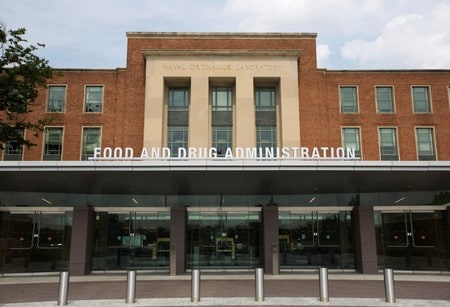By Michael Erman
(Reuters) – U.S. and European drug regulators said on Friday they are reviewing the safety of the widely taken heartburn drug ranitidine, commonly known by the brand name Zantac, after they found traces of a probable cancer-causing impurity in some versions of the medicine.
The U.S. Food and Drug Administration said it had found traces of the impurity, called N-nitrosodimethylamine (NDMA), in some of drugs with ranitidine in them. Both the FDA and the European Medicines Agency said they will review the drug’s safety, but neither agency is currently calling for patients to stop taking it.
The impurity in ranitidine was first flagged to the regulators by Valisure, an online pharmacy that tests the medication it sells for flaws.
Valisure said in its report that it found the impurity in both Sanofi SA’s <SASY.PA> branded Zantac as well as generic versions of the drug. But the FDA would not confirm in which versions of the drug it had found the impurity, noting that it found quite different – and lower – amounts of NDMA in the drugs.
David Light, Valisure’s chief executive officer, said his company believes that because ranitidine is unstable, the impurity can form on its own, rather than being introduced by problems in the manufacturing process. He said its possible that the impurity has been in the drug for as long as it has been on the market.
“It seems to be that there’s an inherent problem with the drug itself,” Light said in an interview. “There’s a lot of concerns that, in our mind, justify completely recalling this product.”
The FDA said it has not determined how long the impurity has been present in Zantac.
Sanofi, whose stock price was little changed, said in a statement that it takes safety seriously and is committed to working with the FDA. It said Zantac meets all specified safety requirements for use in the over-the-counter market.
NDMA is one of the impurities that has been found in blood pressure and heart failure medicines called Angiotensin II Receptor Blockers (ARBs). Those impurities are believed to have been introduced by recent changes in the manufacturing processes for ARBs.
Regulators have been recalling those drugs since last year, and the FDA expanded its investigation of the impurities beyond that class of drugs last month.
Janet Woodcock, director of the FDA’s Center for Drug Evaluation and Research, said in an interview that regulators around the world were considering requiring new testing during the manufacturing process to reduce contamination of drugs.
“We’re going to have to be more vigilant,” Woodcock said. “I think you’ll see tests added at the appropriate point during the manufacturing.”
Blood pressure and heart failure medicines such as valsartan, the generic version of Novartis AG’s <NOVN.S> Diovan, have been recalled by drugmakers such as Mylan NV <MYL.O>, Teva Pharmaceutical Industries <TEVA.TA> and Novartis’ Sandoz, as the drugs have been found to contain probable carcinogens.
(Reporting by Michael Erman in New York; Additional reporting by Manojna Maddipatla in Bengaluru; Editing by Shinjini Ganguli, Dan Grebler, David Gregorio and Cynthia Osterman)


